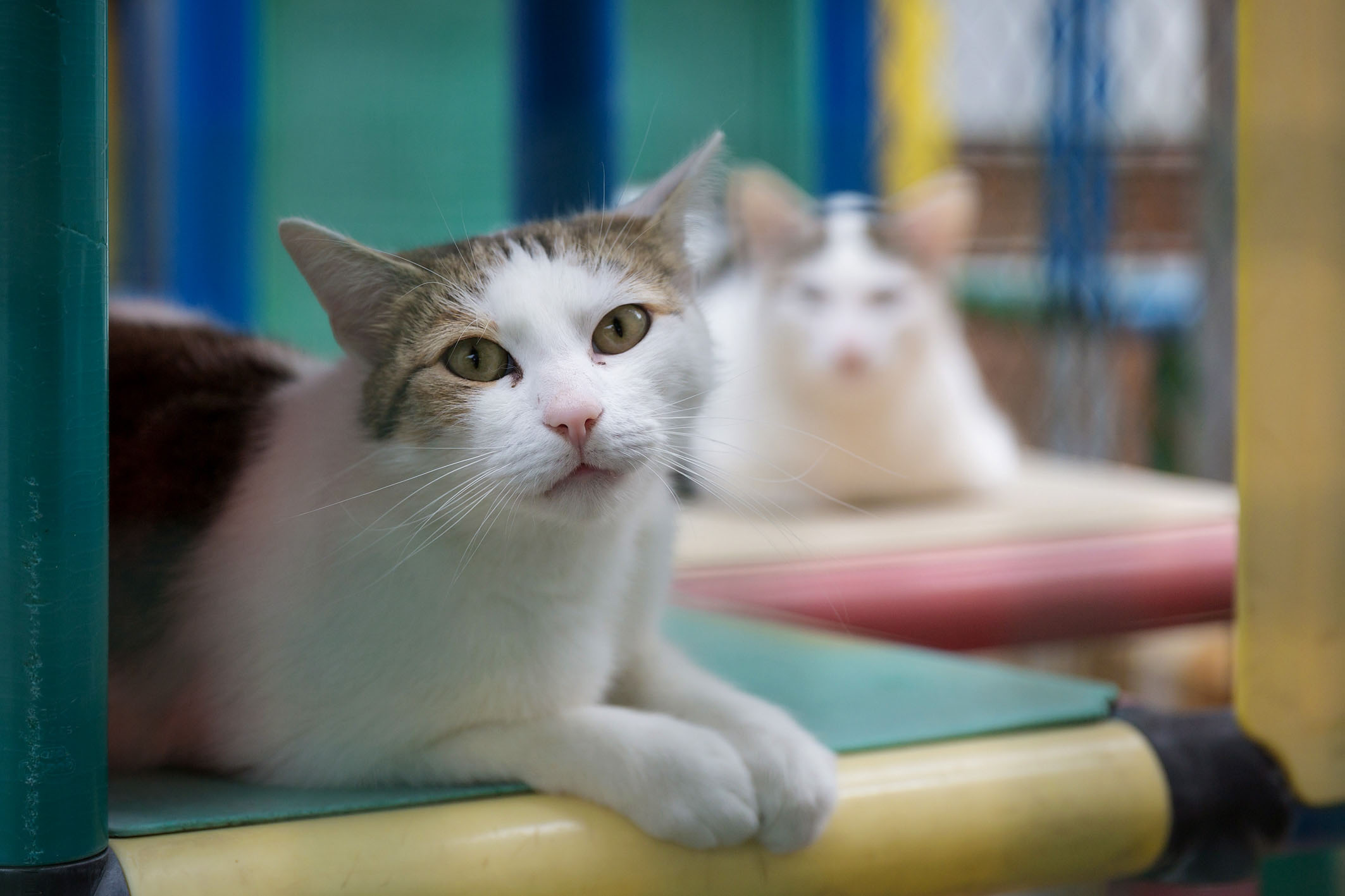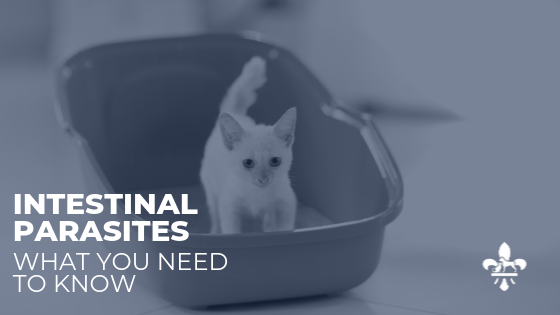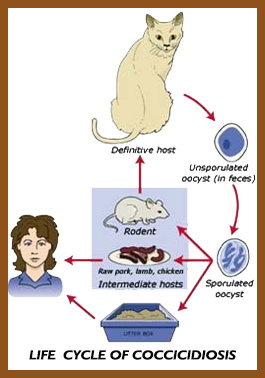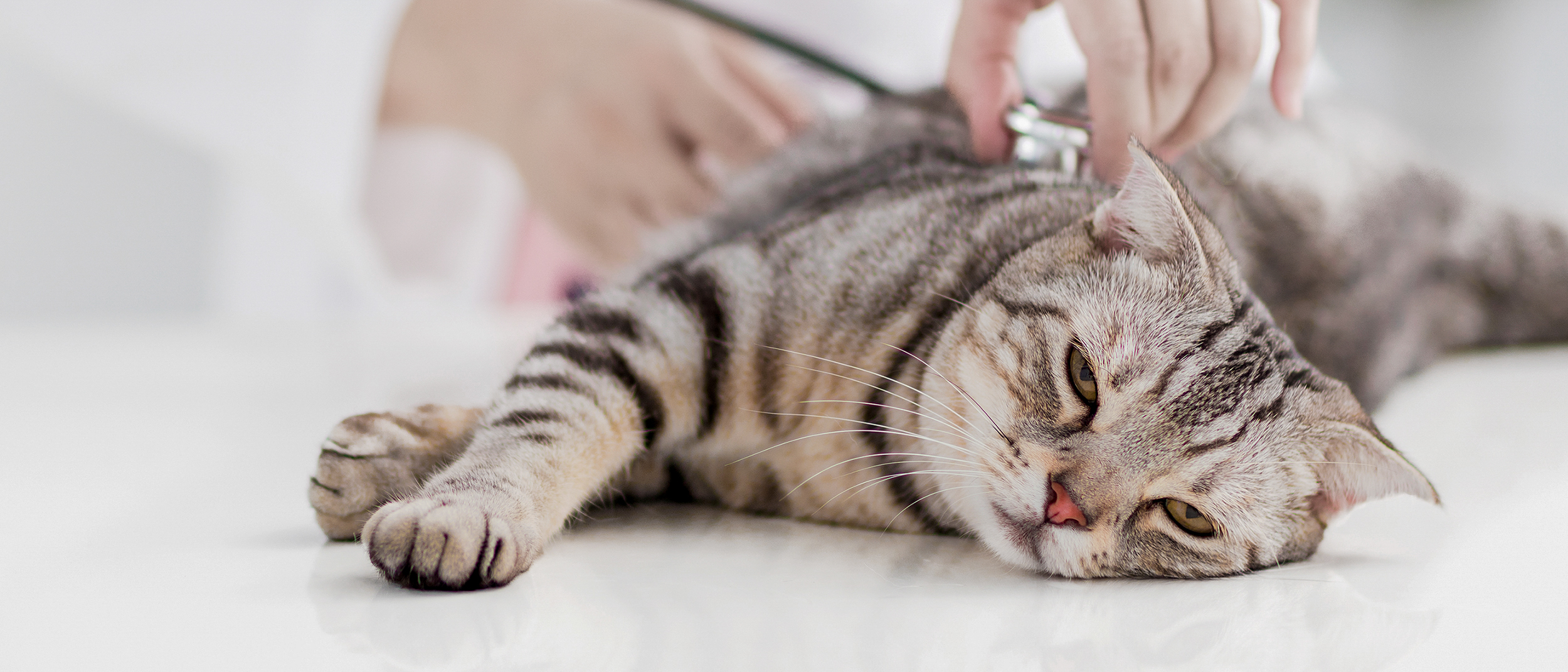Severe Coccidiosis In Kittens

If it is not treated over time it can cause damage to the lining of a cat s intestinal tract.
Severe coccidiosis in kittens. Many cats can be infected with coccidia but show no symptoms. Kittens and older cats that are stressed or have a weak immune system are more likely to be affected by coccidia 1 2. What exactly is coccidia and how serious is the problem. Coccidia are a group of single celled protozoa found within the intestinal lining of kittens and cats.
Change in ownership other disease present. These often cause an intestinal tract infection called coccidiosis 1 2. Coccidiosis is a parasitic type of infection caused by the coccidia parasite. Coccidia are small protozoans one celled organisms that multiply in the intestinal tracts of cats and dogs most commonly in kittens and puppies less than six months of age in adult animals whose immune systemis suppressed or in animals who are stressed in other ways e g.
Coccidiosis can be easily treated if feline coccidia are detected early and medication is prescribed. Symptoms of coccidia are usually seen in kittens less than 6 months of age or adult cats with weak immune systems but coccidia can be present in cats of any age and breed. Kittens who are infected with coccidiosis are contagious and can infect the rest of the litter. In kittens coccidiosis infection can cause watery and bloody diarrhea vomiting pain and dehydration followed by rapid weight loss.
With appropriate and prompt treatment the prognosis is good. Symptoms of coccidiosis appear almost two weeks after the initial infection. Veterinary attention is needed to ease symptoms and rid the cat of the parasitic infestation. It most commonly causes watery mucus based diarrhea in animals.
If left untreated coccidiosis in symptomatic kittens can lead to death. However coccidiosis may cause severe watery diarrhea dehydration abdominal distress and vomiting. Before going into more detail it s important to realize that diarrhea is a symptom rather than a diagnosis in its own right. The most common parasite to cause coccidiosis in cats is isospora felis.
In kittens and debilitated adult cats coccidiosis may cause severe watery diarrhea dehydration abdominal distress and vomiting most cats that are infected with coccidia do not have diarrhea or any other clinical signs.
















